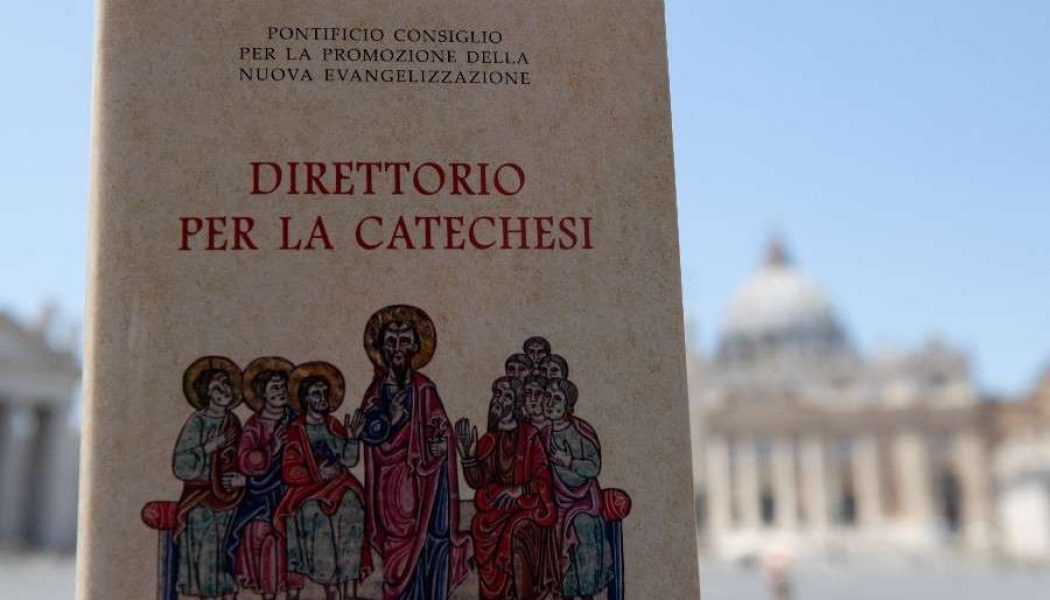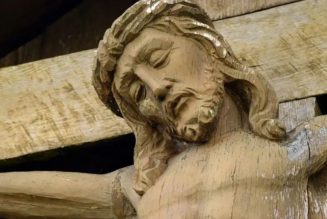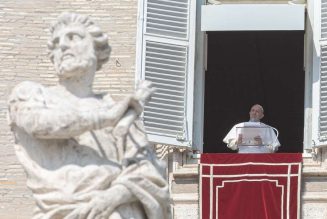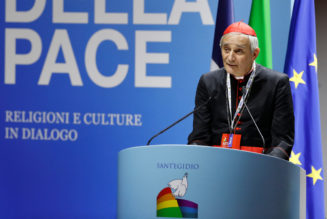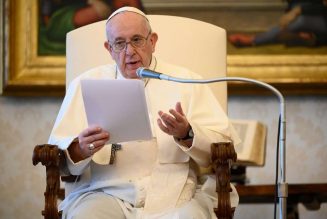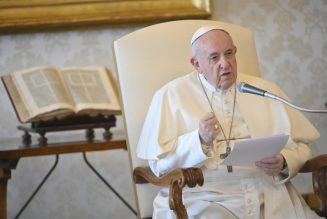
.- Bioethics, gender identity, and biological sex are new subjects covered in the Vatican’s latest Directory for Catechesis, released Thursday. The revised directory says that new scientific developments must remain respectful of the creative will of God and human dignity.
The 300-page book, which provides universal norms for pastors and catechists in the work of evangelization, was written in continuity with the Church’s directories from 1971 and 1997, and presents Catholic teaching on issues facing contemporary society, including new bioethical problems not addressed in the earlier editions.
“Bioethical questions challenge catechesis and its formative function,” the new Directory for Catechesis states, noting the need for catechists to be well-formed in questions related to life issues.
There is, the directory continues, “the need to pay attention to the challenges posed by developments in science and technology.”
The catechetical directory tackles gender and bioethics in paragraphs 373-378. At the end of the section it gives four “fundamental elements” for forming judgment on bioethical issues.
It says: “God is the initial and ultimate reference of life, from its conception to natural death; the person is always unity of spirit and body; science is at the service of the person; life must be accepted in any condition, because it is redeemed by the paschal mystery of Jesus Christ.”
The new directory was presented June 25 by the Congregation for the Promotion of the New Evangelization.
The congregation’s prefect, Archbishop Rino Fisichella, told journalists Thursday that the directory had to tackle “all of these situations” related to bioethics because of their connection to the anthropological dimension of the human person.
He also noted the general approach a document of this sort must take while still being specific. “A directory does not answer all the questions which can unfold,” he said. “And for that [reason] the directory presents the problem in its general aspects — not generic — general, universal.”
The directory, which is aimed at bishops, pastors, and all Catholics involved in teaching the faith, states that scientific research and its applications “are not morally neutral.”
Likewise, it says, the morality of an action cannot be based on “technical efficiency alone, from utility or from dominant ideologies.”
“A technically effective action could be in contradiction with the dignity of the person,” it adds.
The directory includes under bioethical issues the personhood of the pre-born baby, medically assisted procreation, the definition of death, euthanasia, palliative care, and health and experiments on human beings, such as genetic engineering and biotechnology.
The document explains that in Church teaching, bioethics “moves on the rational plane,” but it is also inspired by Divine Revelation, on which Christian anthropology is founded. “The life and goodness of creation are based on the original blessing of God: ‘He saw what he had done, and behold, it was a very good thing’ (Gen 1:31).”
The directory talks about genetic experimentation and the risk of it leading to eugenic practices, stating that “it is important to distinguish the difference carefully between therapeutic intervention and manipulation.”
The correction of genetic abnormalities is lawful “as long as it promotes the good of the person without affecting his identity and integrity,” it continues.
The directory also addresses the use of genetic engineering for self-definition and corporal self-manipulation in the area of sexual identity — what it calls the “philosophy of so-called transhumanism,” which allows individuals to determine his or her sexual identity apart from “genetic heritage.”
Also describing the ideology of “gender identity,” the document notes the belief which does not accept one’s gender as an “original fact which man must accept and fill with meaning,” considering it “a social construction that is decided independently, totally free from biological sex.”
The new text echoes the 2019 document Male and Female He Created Them, issued by the Vatican Congregation for Education, which affirmed the principles of human dignity, difference, and complementarity.
In that document, the Congregation explained that gender ideology seeks “to create a cultural and ideological revolution driven by relativism.”
The new catechetical directory states: “Man denies his nature and decides that he himself creates it. Instead, according to the biblical account of creation, man was created by God as male and female.”
It goes on to explain that the Church is aware of the complexity frequently involved in personal situations related to gender, and does not judge people struggling with this issue but strives to accompany them.
“However, [the Church] is aware that, in a perspective of faith, sexuality is not only a physical fact, but a personal reality, a value entrusted to the responsibility of the person,” the book says. “In this way, sexual identity and existential living will have to be a response to God’s original call.”
In his comments to journalists June 25, Fisichella said more detailed information about the Church’s teaching on bioethical issues can be found in the Catechism of the Catholic Church, and bishops’ conferences are also called to address these issues considering the particular circumstances in their countries.
